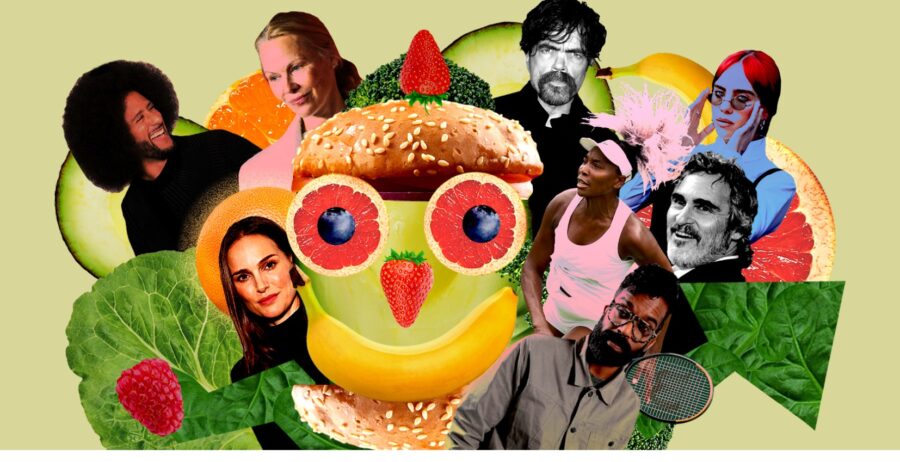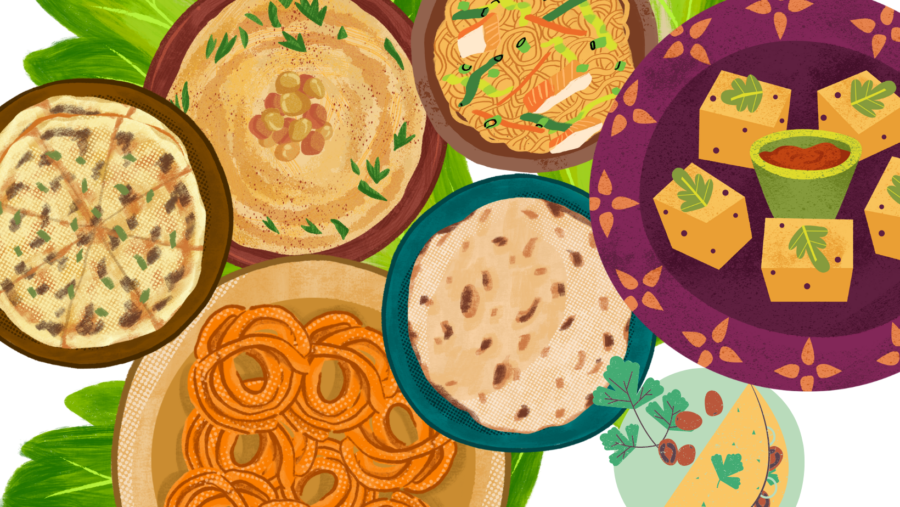The focus on vegan products and dietary practices has created a depoliticized image of veganism. Critical discussions of non-human animal rights and speciesism were noticeably absent in the sample, while the capitalist encroachment on veganism was omnipresent.
Continue readingVegan Halloween: Remembering the Dead
Samhain, for vegans, should be a time to honour ancestors, but also recognize that “harvest time” has been a period of intense violence across the ages. Just as the mass killing of witches has been cause for sombre remembrance, so should that of Nonhuman Animals who have been harassed, killed, and “sacrificed” for entertainment, sustenance, religious bargaining for a deity’s favour, scientific advancement, and so on. For those who practice it, Halloween might be a time for vegan baking and sharing plant-based sweets, but it might also be a time to hold space for other animals. This could mean lighting a candle, sharing food with other animals, or taking a tip from the feminist witches and hexing the anthroparchy.
Continue readingVeganism and In Vitro Meat
I argue that the most glaring shortcoming of the in vitro scheme is that it overlooks speciesist attitudes and institutions as problematic in of themselves.
Continue readingMainstreaming Veganism: Full Interview with Imagine5
Vegan culture is likely to move more and more into environmental claimsmaking, as that has proved most successful in achieving institutional changes that support a transition to plant-based foodways. I would like to see, however, more social justice claimsmaking made for nonhuman animals themselves. Sadly, in all the discourse over healthy food, capitalism, and climate change, the animals themselves remain hidden from the conversation. This is a real travesty, as they have the most to gain from a vegan world.
Continue readingAdvancing Veganism in a “Post-Vegan Society”: A Review of Veganism: Politics, Practice, and Theory
Veganism’s strength lies in its deep contemplation of complicated issues drawing on sociological theory and qualitative research.
Continue readingWhy are Environmentalists and Animal Activists at an Empasse?
More and more, however, the science of climate change is now demonstrating that animal products are a leading cause of environmental degradation, a body of evidence that is becoming difficult to ignore. However, the ideological shift that is needed–seeing animals not as objectified climate-destroying consumables, but as a marginalized group whose oppression is actually foundational to the degradation of the earth–still lacks. Until we start to see animals as persons and reject hierarchies of domination, the two movements will never fully align.
Continue readingNearly 1,000 Academics & Professionals in Support of Plant-based Universities
Veganism and the Problem of Cultural Diversity
In our postcolonial world, the high consumption of animal products is now related to aggressive Western marketing, heavily subsidized animal agriculture in Western countries that gluts global markets, exploitative and often violently enforced use of land and resources outside of the West (such as the destruction of the Amazon rainforest for beef production), forced removal of Indigenous communities, predatory lending and capitalist ventures led by global financial entities such as the World Bank, and increased consumer power made possible by globalization. Diets heavy in animal products are not culturally diverse; they are products of Western imperialism. The global majority cannot digest lactose (dairy) beyond the age of weaning (a normal process among mammals), and, as animal flesh is expensive to produce or shunned in certain spiritual practices, traditional diets of the world have been based in fruits, vegetables, legumes, and pulses. Plant-based diets are more cost efficient, sustainable, and healthful, accounting for their foundational and ubiquitous presence across almost of the world’s cultures.
Continue readingWhy Vegan Sociology?
Vegan sociology argues that Nonhuman Animals are persons in their own right, their oppression is worthy of academic attention, and their oppression deeply intersects with the oppression of other marginalized groups such as women, people of color, and lower-class persons.
Continue reading



